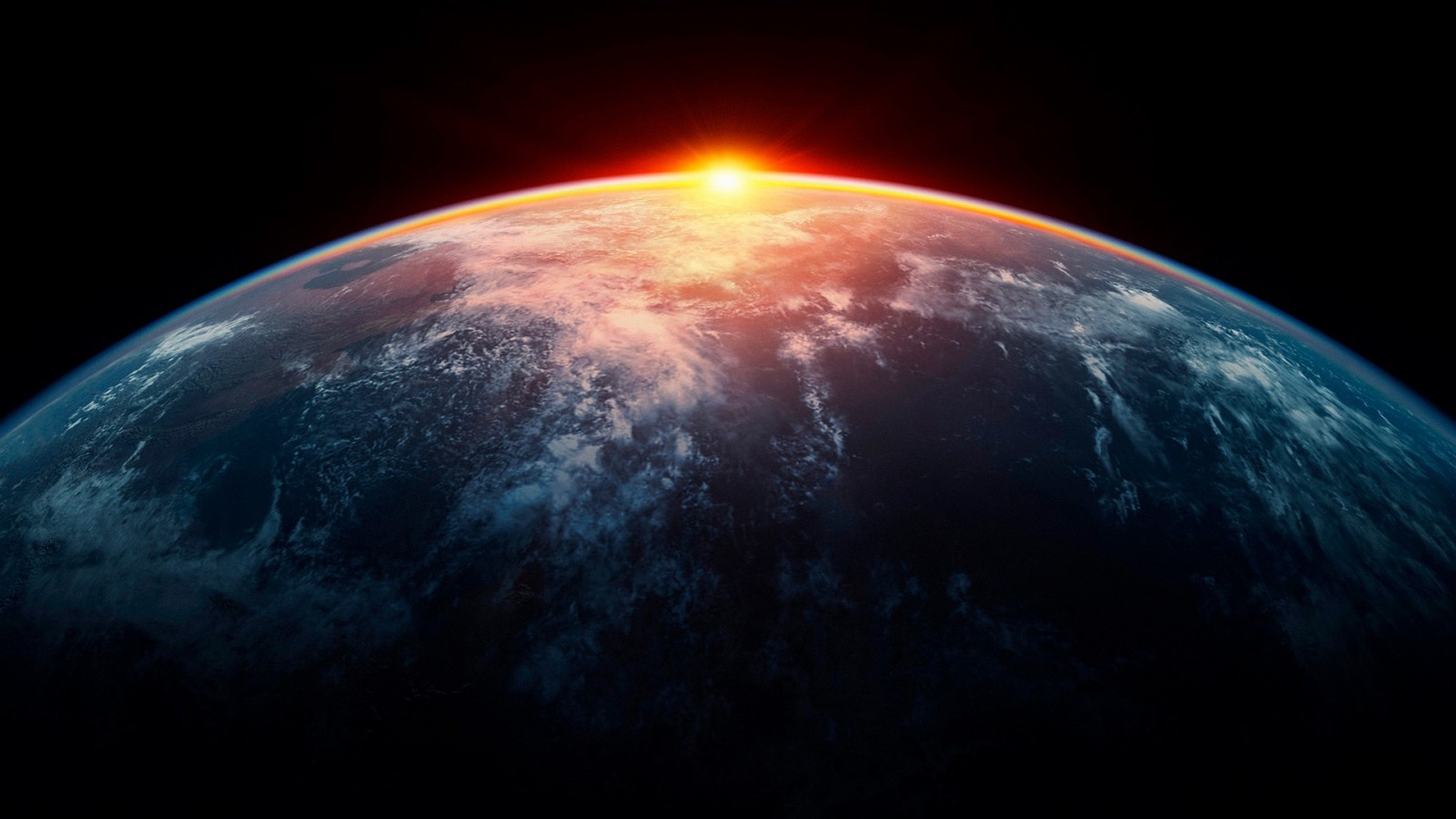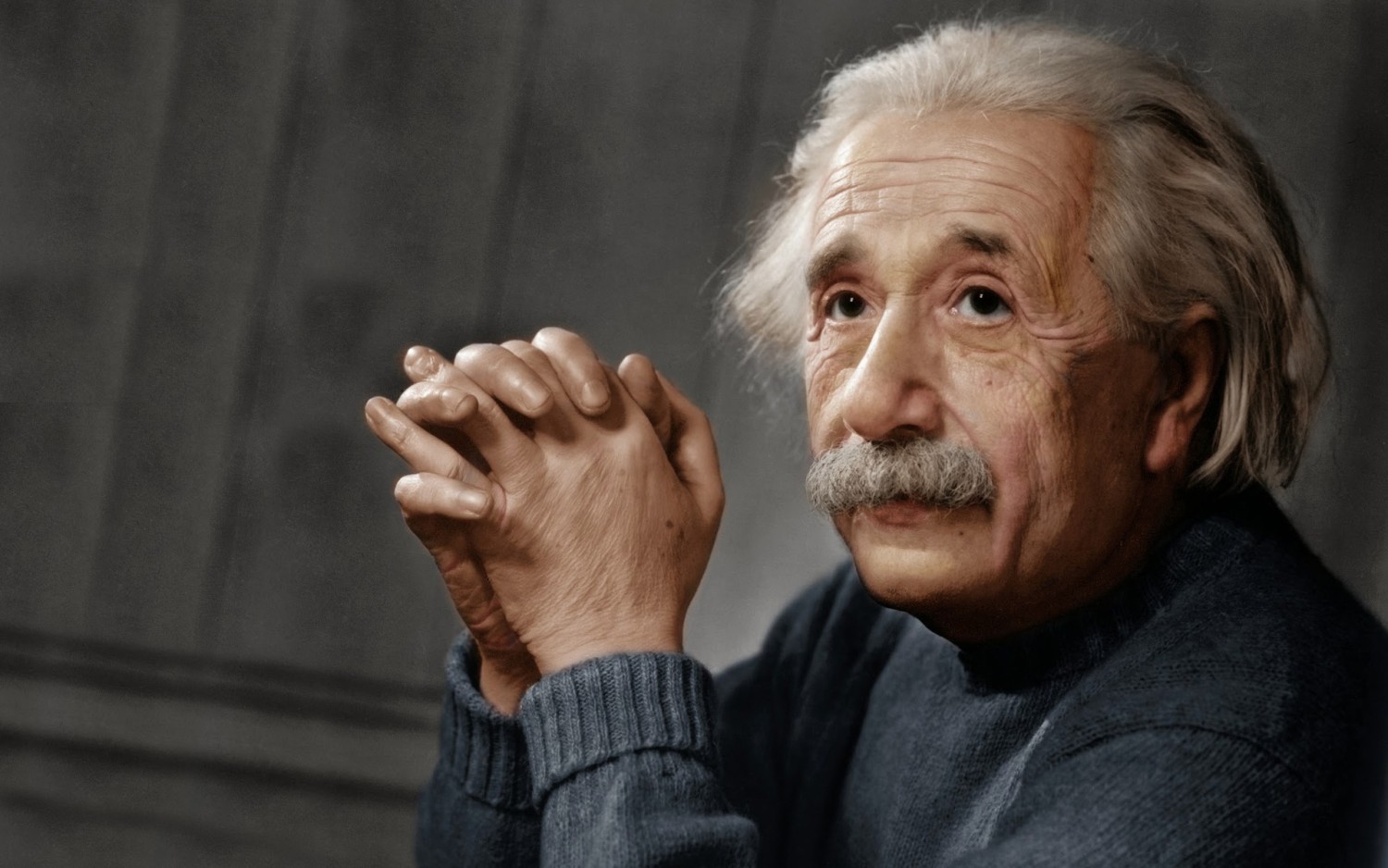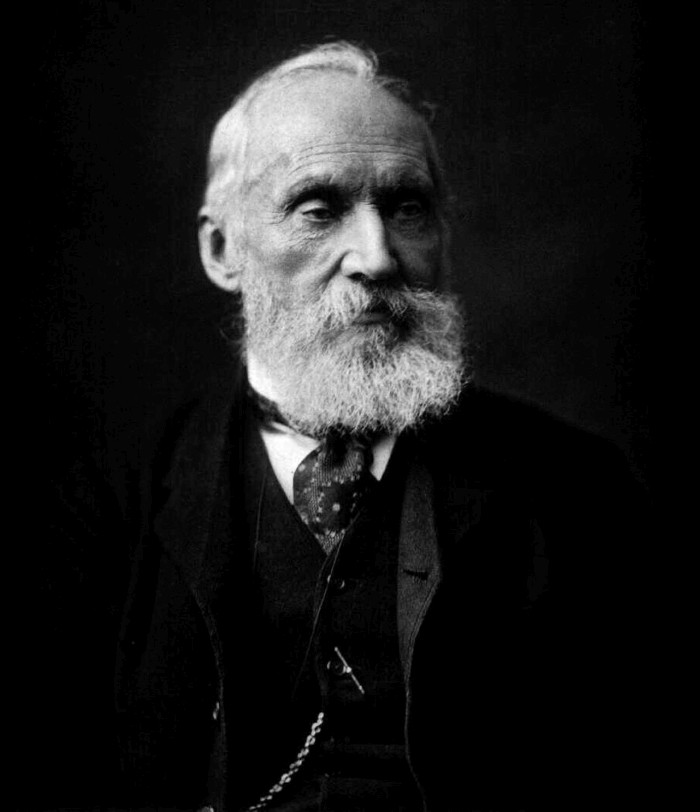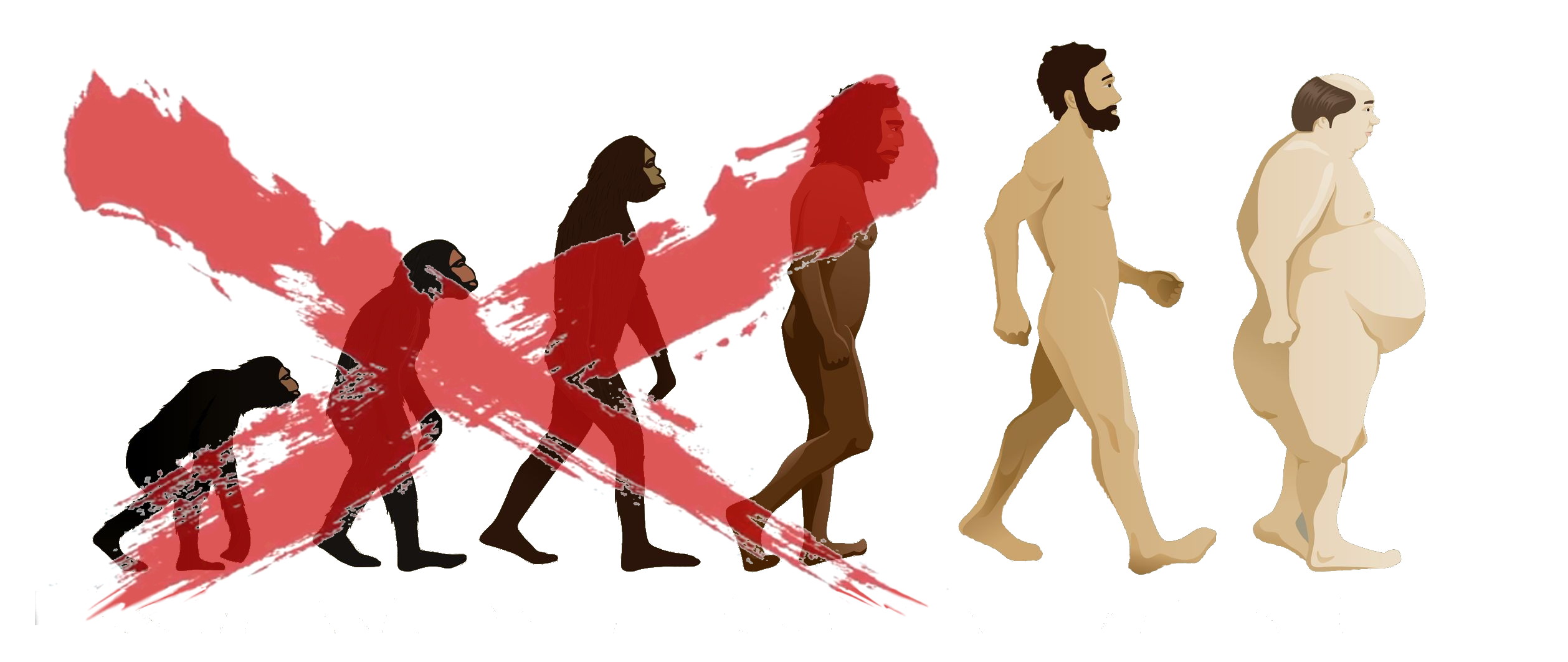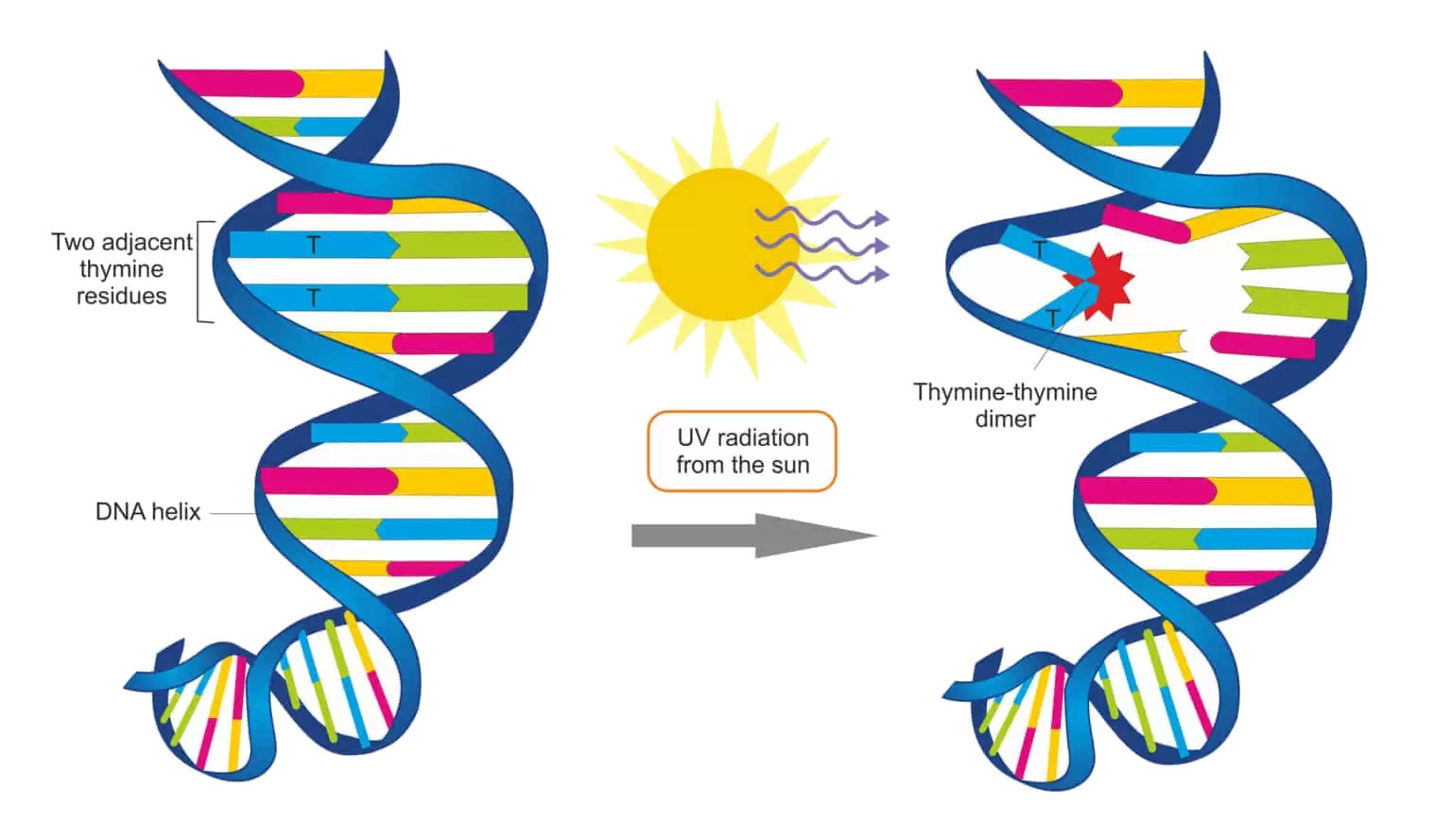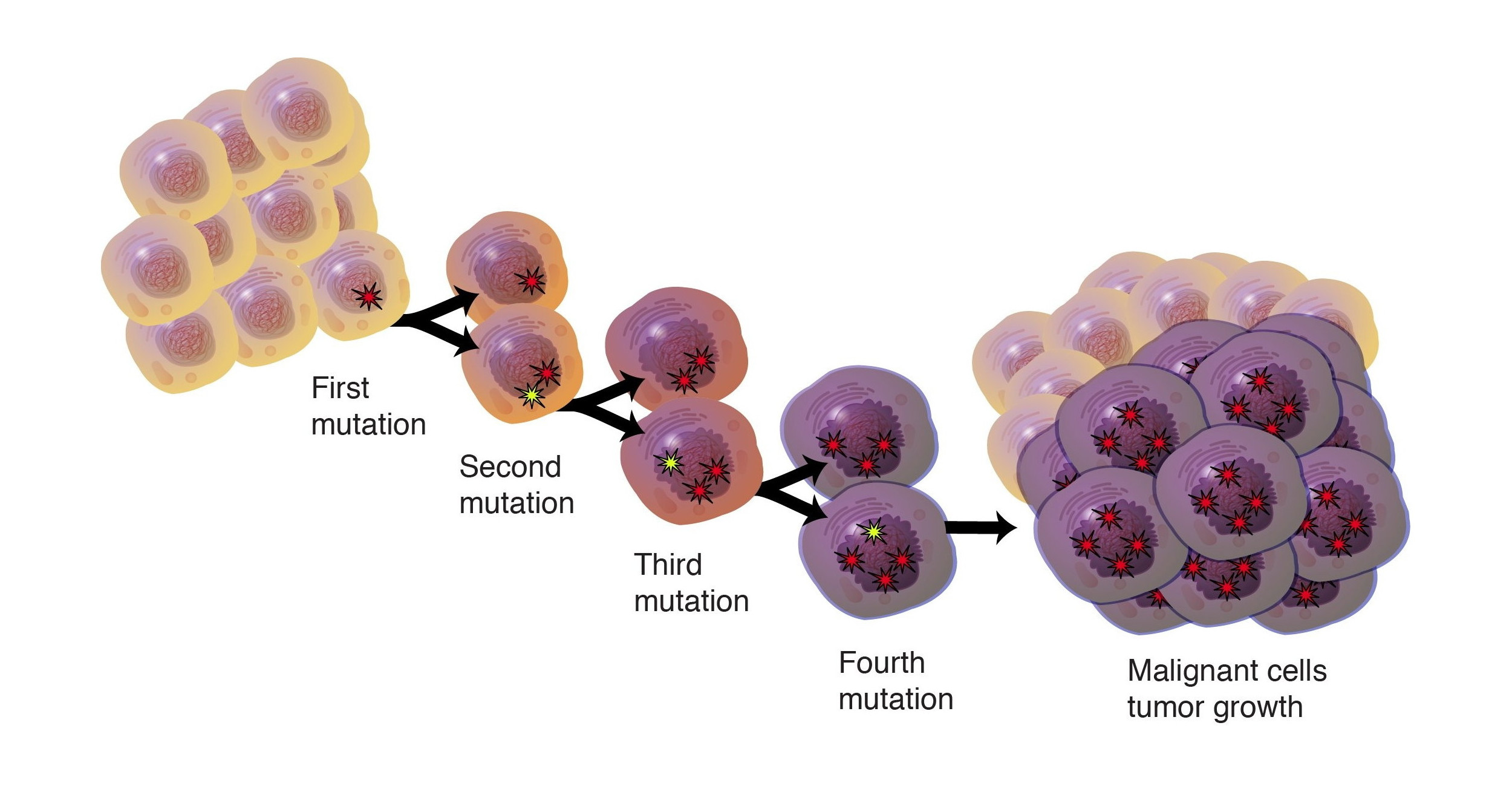Entropy
Degeneration
source
The first law of thermodynamics, also known as Law of Conservation of Energy, states that the total energy of an isolated or closed system is constant; energy can be transformed from one form to another, but can be neither created nor destroyed. The second law of thermodynamics states that isolated or closed systems spontaneously evolve towards thermodynamic equilibrium, the state with maximum entropy. In the natural world, entropy tends to increase. According to the second law of thermodynamics, the entropy of a system only decreases if the entropy of another system increases.* It takes work to make the entropy of an object or system smaller.*
Evolution violates the second law of thermodynamics because it proposes that mindless natural processes like natural selection can cause specified complexity to arise from dead matter and energy alone. It is simply impossible for something to go from simple matter to extremely complex life only by means of mindless naturalistic processes and without input of intelligence. Against this hardcore reality naturalists are forced to believe that everything came from nothing and that life arose from dead matter and energy without any input of intelligent intervention.
Let's check Talk.Origins' evolutionary view on the second law...
Talk.Origins:
Life is not a closed system. The sun provides more than enough energy to drive things.*
However...
It is often argued that since the Earth is not a closed system - it receives energy from the Sun, for example - the second law is not applicable in this case. It is true that order can increase locally, if the local increase is compensated by a decrease elsewhere, ie, an open system can be taken to a less probable state by importing order from outside. For example, we could transport a truckload of encyclopedias and computers to the moon, thereby increasing the order on the moon, without violating the second law. But the second law of thermodynamics - at least the underlying principle behind this law - simply says that natural forces do not cause extremely improbable things to happen, and it is absurd to argue that because the Earth receives energy from the Sun, this principle was not violated here when the original rearrangement of atoms occurred.*
Although sunlight is vital for the existence of life, just like for example water and nourishment, it is not creative and doesn't give life to non-life. Sunlight even causes damage to life in the form of harmful mutations caused by its radiation. Skin cancer is caused by too much exposure to the sun's ultraviolet light. Ultraviolet light destroys the molecular bonds that hold together the DNA of viruses and bacteria, it kills bacteria.* So to even suggest that it played a role in the creation of life from non-life, of for example a bacteria, is absurd. It obviously requires intelligent intervention, not just energy like sunlight.
Talk.Origins:
Order from disorder is common in nonliving systems, too. Snowflakes, sand dunes, tornadoes, stalactites, graded river beds, and lightning are just a few examples of order coming from disorder in nature; none require an intelligent program to achieve that order.*
But for example snow flake shapes have simple scientific explanations confirmed by observation and testing. These are fine examples of very simple order which is found naturally in nature, but are of course nowhere close to the specified complexity of a living cell and its DNA or RNA. The existence of ink doesn't prove encyclopedias. Everybody knows that tornadoes and lightning cause destruction. The universe is an orderly system, but it doesn't explain life. For that science has no naturalistic explanation simply because the second law of thermodynamics dictates that nature or the universe, despite producing very limited order locally in some cases, overall tends to entropy.
Contrary to what Charles Darwin believed, and contrary to to the majority opinion in science today, the development of intelligent life is not the inevitable or reasonably probable result of the right conditions, it is extremely improbable under any circumstances.
If you build a sand castle on the beach and return a few days later, it will no longer be there. There is only one combination of sand particles that looks like your sand castle. Meanwhile, there are a nearly infinite number of combinations that don’t look like it. In theory, it is possible for the wind and waves to move the sand around and create the shape of your sand castle. But in practice, it never happens. The odds are astronomically higher that sand will be scattered into a random clump.*
The fine-tuned universe itself with the solar system is a closed system with laws and rules that allow limited order locally with simple scientific explanations, like for example sand dunes. But regardless of whether a system is closed or open, under any given circumstances, specified complexity requires input of intelligence, it is not caused by mindless naturalistic processes alone. To deny that hardcore observable reality and go against it in order to seemingly justify the belief in evolution with insignificant arguments is simply disingenuous at best.
Albert Einstein:
A theory is the more impressive the greater the simplicity of its premises, the more different kinds of things it relates, and the more extended its area of applicability. Therefore the deep impression that classical thermodynamics made upon me. It is the only physical theory of universal content which I am convinced will never be overthrown, within the framework of applicability of its basic concepts.
Arthur Eddington:
The law that entropy always increases holds, I think, the supreme position among the laws of Nature. If someone points out to you that your pet theory of the universe is in disagreement with Maxwell's equations — then so much the worse for Maxwell's equations. If it is found to be contradicted by observation — well, these experimentalists do bungle things sometimes. But if your theory is found to be against the second law of thermodynamics I can give you no hope; there is nothing for it but to collapse in deepest humiliation.
Ivan P. Bazarov:
The second law of thermodynamics is, without a doubt, one of the most perfect laws in physics.
Lord Kelvin:
I feel profoundly convinced that the argument of design has been greatly too much lost sight of in recent zoological speculations. Reaction against frivolities of teleology, such as are to be found, not rarely, in the notes of learned Commentators on Paley's "Natural Theology," has I believe had a temporary effect in turning attention from the solid and irrefragable argument so well put forward in that excellent old book. But overpoweringly strong proofs of intelligent and benevolent design lie all round us, and if ever perplexities, whether metaphysical or scientific, turn us away from them for a time, they come back upon us with irresistible force, showing to us through nature the influence of a free will, and teaching us that all living beings depend on one ever-acting Creator and Ruler.
To put it in Darwin's own words...
The more we know of the fixed laws of nature the more incredible do miracles become.*
The creation of the fine-tuned universe from nothing with the so-called big bang sure is a miracle. The creation of life from non-life sure is a miracle. The explosion of specified complexity with the Cambrian explosion sure is a miracle. By explaining the laws of nature more and more these irrepeatable events are becoming more and more miraculous and the philosophy naturalism starts looking more and more incompetent as an explanation.
Genetic entropy
Evolution theory states that life evolved from simple to complex and from an inferior state to a superior state. But according to everyday observable reality the opposite happens. Darwin used artificial selection as a springboard to introduce and support the theory of natural selection.* It may lead to some desirable phenotypic changes, but artificial breeding also resulted in a lot of undesirable genotypic changes. Dog breeding is a good example. The selective breeding that created the hundreds of modern dog breeds has put purebred dogs at risk for a large number of health problems.* As a consequence of selective breeding, specific disease-causing mutations have become more frequent in certain dog breeds. First of all, the extensive breeding of dogs shows that dogs always only produce dogs, they never evolved new functional features that were not already present in their original genetic makeup. Secondly, that genetics is also prone to entropy. In general pure-breed dogs are genetically inferior to mixed-breed dogs and they are all genetically inferior to their ancestor, the wolf, which contained the original genetic makeup which made all variations possible.
A genetic disorder is a disease caused in whole or in part by a change in the DNA sequence away from the normal sequence. Genetic disorders can be caused by a mutation in one gene, by mutations in multiple genes, by a combination of gene mutations and environmental factors, or by damage to chromosomes.*
Evolutionary biologists at the University of Toronto have found that individuals with low-quality genes may produce offspring with even more inferior chromosomes, possibly leading to the extinction of certain species over generations. A study published in Proceedings of the National Academy of Sciences (PNAS) predicts that organisms with such genetic deficiencies could experience an increased number of mutations in their DNA, relative to individuals with high-quality genes.*
Genetics plays a role in all diseases. Mutations are overwhelmingly harmful, not creative. See Mutations. Genetics is of course also prone to the universal law of entropy, hence genetic entropy**. See also John C. Sanford's* book Genetic Entropy. So instead of mutations supposedly being the driver of evolution, they are rather the driver of the opposite of evolution, namely degeneration or genetic entropy. But this is of course not what evolutionists want to hear or believe...
Charles Darwin:
Believing as I do that man in the distant future will be a far more perfect creature than he now is, it is an intolerable thought that he and all other sentient beings are doomed to complete annihilation after such long-continued slow progress.
Darwin himself suffered from health problems and his children suffered from bad health even leading to untimely death due to a family history of inbreeding. Evolution is an absurd belief made popular by a self-contradictory man. But what can be expected from self-proclaimed monkey descendants?
Human beings are compelled to live within a lie, but they can be compelled to do so only because they are in fact capable of living in this way. Therefore not only does the system alienate humanity, but at the same time alienated humanity supports this system as its own involuntary masterplan, as a degenerate image of its own degeneration, as a record of people's own failure as individuals.
See Naturalism and Paradigm Paralysis.
